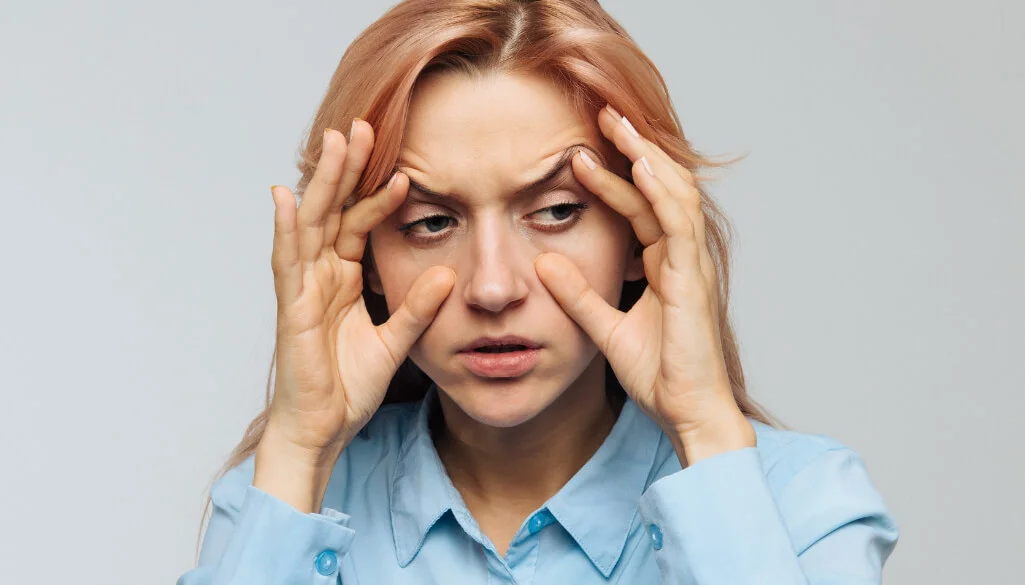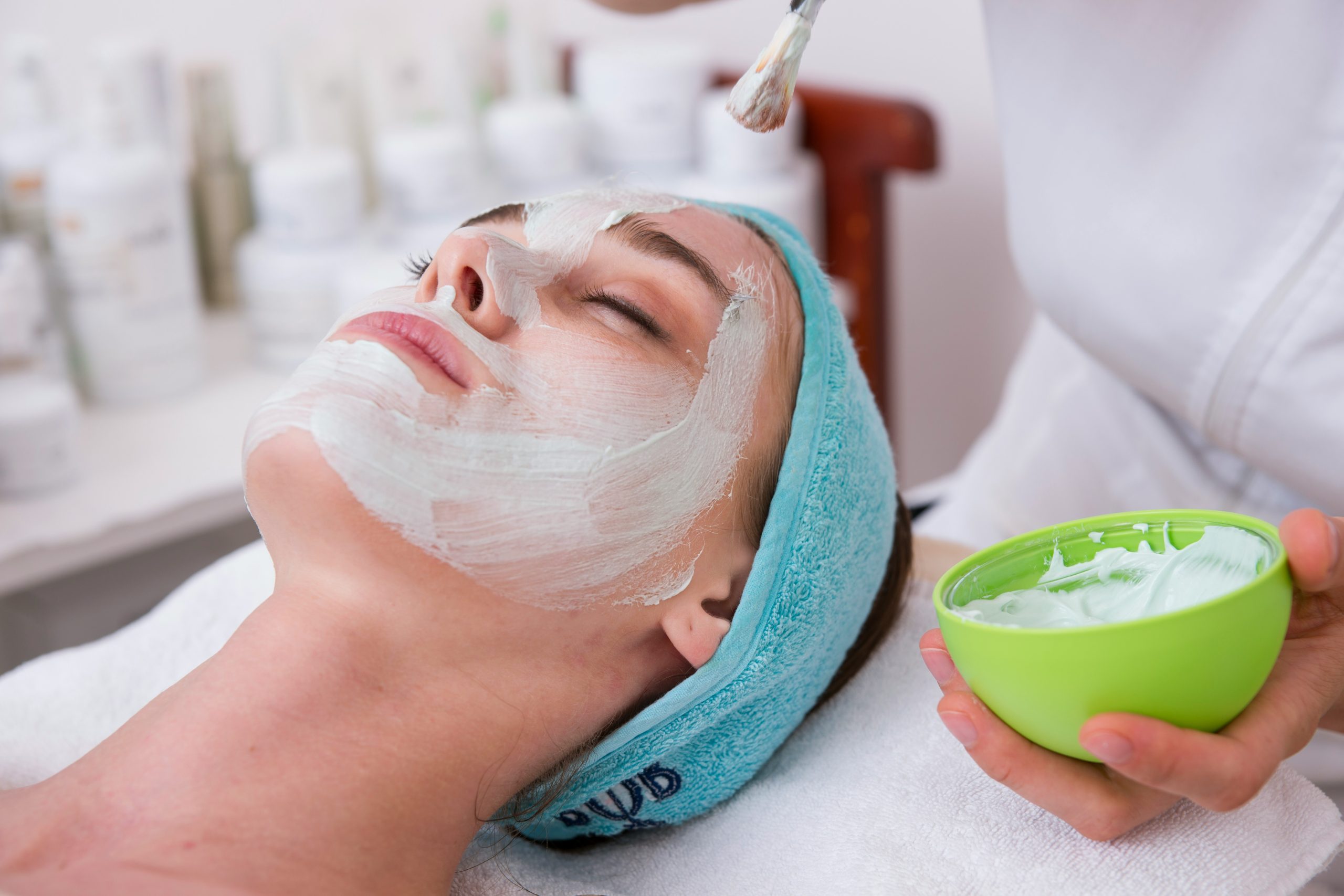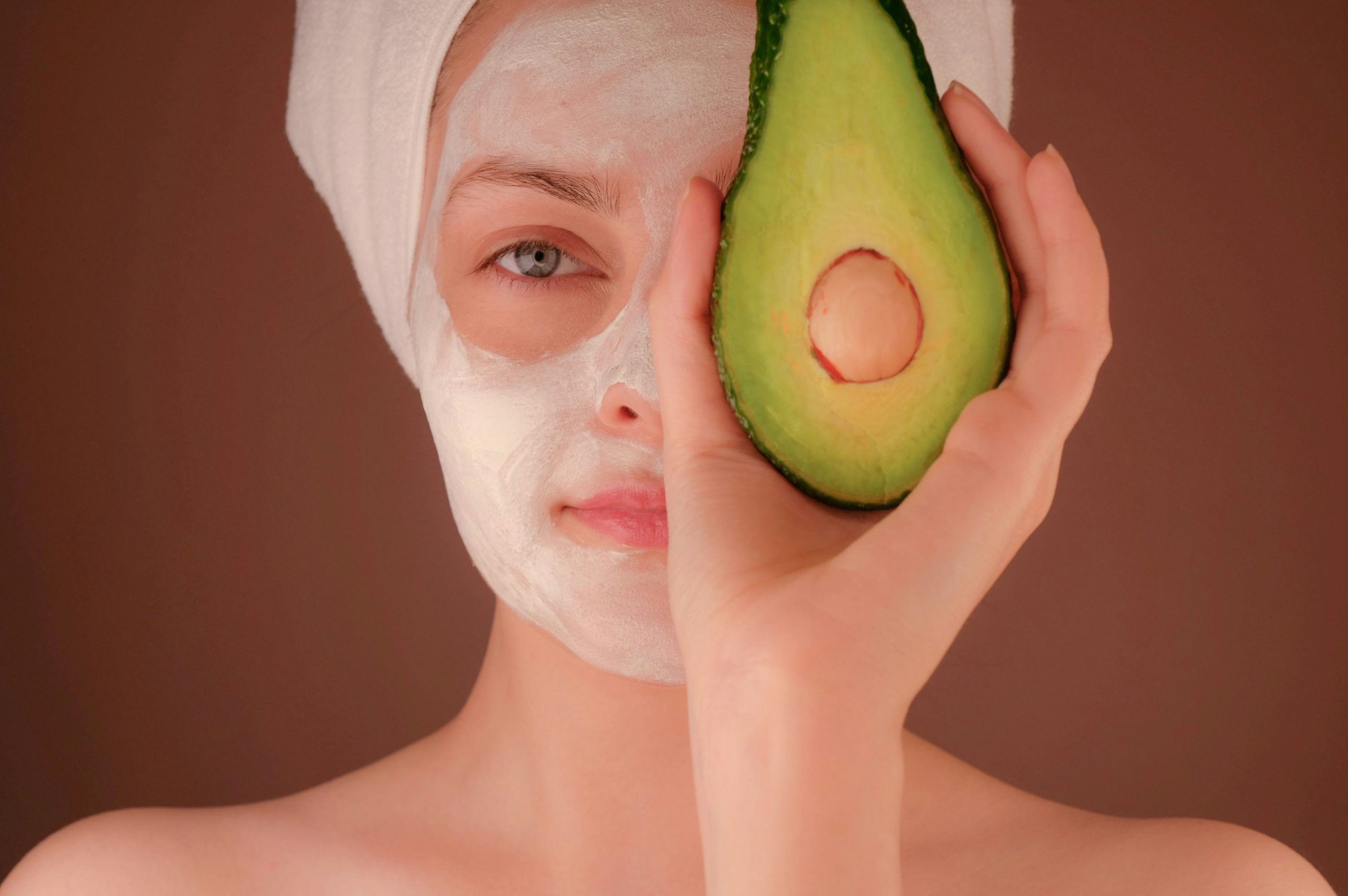What Causes Bags Under the Eyes
Bye-Bye Bags: Understanding and Addressing Under-Eye Puffiness
Ever woken up feeling like you’ve been slugging it out in a boxing ring, only to find your peepers looking like a pair of overstuffed pansies? Yep, we’ve all been there. Under-eye bags, those pesky pouches that seem to pop up overnight, can make us feel as tired as we look. So what causes bags under the eyes?
So, what exactly causes these unsightly bags?
Well, it turns out it’s a bit of a cocktail of factors:
- Ageing: As we get older, our skin loses its elasticity, and the delicate skin around our eyes is particularly susceptible. Think of it like a deflating balloon.
- Fluid Retention: Sometimes, fluid can build up under the eyes, especially after a salty meal or a night of less-than-ideal sleep.
- Allergies and Sinus Issues: If you’re prone to allergies or sinus problems, the inflammation can contribute to puffiness.
- Lack of Sleep: We all know the feeling: a night of tossing and turning can leave us looking like we’ve been crying for days.
- Genetics: Unfortunately, for some of us, it’s just in our genes.
- Thyroid Problems: Certain thyroid conditions can lead to fluid retention and puffiness.
- Lifestyle Factors: Smoking and excessive alcohol consumption can also contribute to under-eye bags.
Let’s break down some of these causes in more detail:
- Ageing: As we get older, the skin around our eyes becomes thinner and loses its elasticity. This can allow fat to accumulate and create a puffy appearance.
- Fluid Retention: When we sleep, fluid can pool under our eyes. This can be exacerbated by a high-salt diet, dehydration, or certain medical conditions.
- Allergies and Sinus Issues: Allergies and sinus problems can cause inflammation and congestion, leading to puffiness.
- Lack of Sleep: When we don’t get enough sleep, our bodies can struggle to regulate fluids, which can contribute to under-eye bags.
- Genetics: Some people are simply more prone to under-eye bags than others.
- Thyroid Problems: Conditions like hypothyroidism and hyperthyroidism can affect fluid balance and lead to puffiness.
- Lifestyle Factors: Smoking and excessive alcohol consumption can damage the skin and contribute to puffiness.
So, what can we do about it?
While we can’t stop the ageing process, there are plenty of things we can do to minimise the appearance of under-eye bags:
- Get Enough Sleep: Aim for 7-9 hours of quality sleep each night.
- Watch Your Diet: Reduce your sodium intake and stay hydrated.
- Manage Allergies and Sinus Issues: Talk to your doctor about treatment options.
- Consider Lifestyle Changes: Quit smoking and limit alcohol consumption.
- Try Home Remedies: Cold compresses, cucumber slices, and tea bags can help reduce puffiness.
If home remedies aren’t cutting it, there are also a number of medical treatments available, such as:
- Topical Creams: Retinoids and antioxidants can help improve skin elasticity.
- Fillers: Injections of dermal fillers can temporarily plump up the under-eye area.
- Laser Resurfacing: This can help reduce the appearance of wrinkles and fine lines.
- Blepharoplasty: Surgery to remove excess skin and fat from the eyelids.
Remember, everyone’s skin is different, and what works for one person may not work for another. It may take some trial and error to find the best solution for you. And while we may never completely eliminate under-eye bags, we can certainly minimise their appearance and boost our confidence. So, next time you wake up with those pesky pouches, don’t panic. Just remember, you’re not alone, and there are plenty of ways to fight back.
Banishing Breakouts: A Guide to Acne Treatment
Acne is a common skin condition that affects people of all ages. While it can be frustrating and sometimes embarrassing, there are effective ways to manage and treat it. In this guide to acne treatment explore the causes of acne, treatment options, and how to find the right approach for your skin.
Understanding the Causes of Acne
Acne develops when hair follicles become clogged with oil and dead skin cells, creating a breeding ground for bacteria. Several factors can contribute to acne, including:
- Hormonal changes: Fluctuations in hormones, particularly during puberty, pregnancy, and menstruation, can trigger acne outbreaks.
- Excess oil production: Overactive sebaceous glands can lead to clogged pores and acne.
- Bacteria: Propionibacterium acnes is a type of bacteria that thrives in clogged pores, contributing to inflammation and acne.
- Genetics: Acne can be hereditary, making some people more susceptible to it.
- Medications: Certain medications, such as corticosteroids and lithium, can cause acne as a side effect.
Effective Acne Treatments
The best treatment for acne depends on its severity and the underlying causes. Here are some common approaches:
- Over-the-counter medications: Topical treatments containing benzoyl peroxide or salicylic acid can help unclog pores and reduce inflammation.
- Prescription medications: For more severe acne, your doctor may prescribe antibiotics, retinoids, or hormonal birth control. In severe cases, isotretinoin (Accutane) may be recommended.
- Topical treatments: Creams or lotions containing ingredients like azelaic acid or sulfur can help reduce inflammation and improve skin texture.
- Laser and light therapy: These treatments can target acne-causing bacteria and reduce inflammation.
- Chemical peels: Chemical peels can help exfoliate the skin and improve its appearance.
Lifestyle Changes for Clearer Skin
In addition to medical treatments, certain lifestyle changes can help manage acne:
- Gentle cleansing: Wash your face twice a day with a mild cleanser to remove dirt and oil without irritating your skin.
- Avoid touching your face: Touching your face can transfer bacteria and oils to your skin, leading to breakouts.
- Use non-comedogenic products: Choose makeup and skincare products that are labeled as non-comedogenic, meaning they won’t clog pores.
- Manage stress: Stress can exacerbate acne. Practice relaxation techniques like yoga, meditation, or deep breathing.
- Eat a healthy diet: While there’s no definitive link between diet and acne, some studies suggest that a diet low in processed foods and sugary drinks may be beneficial.
Finding the Right Acne Treatment
If you’re struggling with acne, it’s important to consult a dermatologist for a proper diagnosis and treatment plan. They can assess your skin condition and recommend the most appropriate approach for your needs.
Remember, acne can be frustrating, but with the right treatment and lifestyle changes, you can achieve clearer, healthier skin.
Photo by engin akyurt on Unsplash
Golden Rules for Gorgeous Skin
Let’s look at the golden rules for gorgeous skin and delve into the skincare world and discover some additional tips to help you achieve your best complexion.
Understanding Your Skin Type
Knowing your skin type is fundamental to creating an effective skincare routine. Are you oily, dry, combination, or sensitive? Once you’ve identified your skin type, you can choose products that are specifically designed to address your unique needs.
The Importance of Exfoliation
Exfoliation is essential for removing dead skin cells, revealing smoother, brighter skin. However, it’s important to exfoliate gently to avoid irritation. Choose a physical or chemical exfoliant based on your skin’s sensitivity.
The Power of Masks
Face masks can be a great way to target specific skin concerns. Whether you’re looking to hydrate, purify, or brighten, there’s a mask out there for you. Use masks once or twice a week for a concentrated dose of skincare benefits.
Sun Protection: A Daily Must
Even on cloudy days, harmful UV rays can damage your skin. Protecting your skin from the sun is crucial for preventing premature aging and skin cancer. Apply a broad-spectrum sunscreen with an SPF of 30 or higher every day.
The Role of Diet and Lifestyle
While skincare products can make a significant difference, your overall health also plays a vital role. Eat a balanced diet rich in fruits, vegetables, and whole grains. Stay hydrated by drinking plenty of water. Get enough sleep to allow your skin to repair itself.
Addressing Common Skin Concerns
- Acne: Use gentle cleansers, avoid harsh scrubs, and consider over-the-counter acne treatments.
- Hyperpigmentation: Protect your skin from the sun and use products containing ingredients like vitamin C or niacinamide.
- Aging: Incorporate anti-aging ingredients like retinol or peptides into your skincare routine.
Building a Skincare Routine
A basic skincare routine typically includes:
- Cleanser: Gently cleanse your skin morning and night to remove dirt, oil, and makeup.
- Toner: Use a toner to balance your skin’s pH and prepare it for the next step.
- Serum: Serums are highly concentrated formulas that target specific skin concerns.
- Moisturizer: Hydrate your skin to maintain a healthy barrier.
- Sunscreen: Apply a broad-spectrum sunscreen daily.
Remember, consistency is key when it comes to the golden rules for gorgeous skin. Stick to your skincare routine and be patient. Results may take time, but with dedication, you can achieve a healthy, glowing complexion.
Photo by Kimia Zarifi on Unsplash



